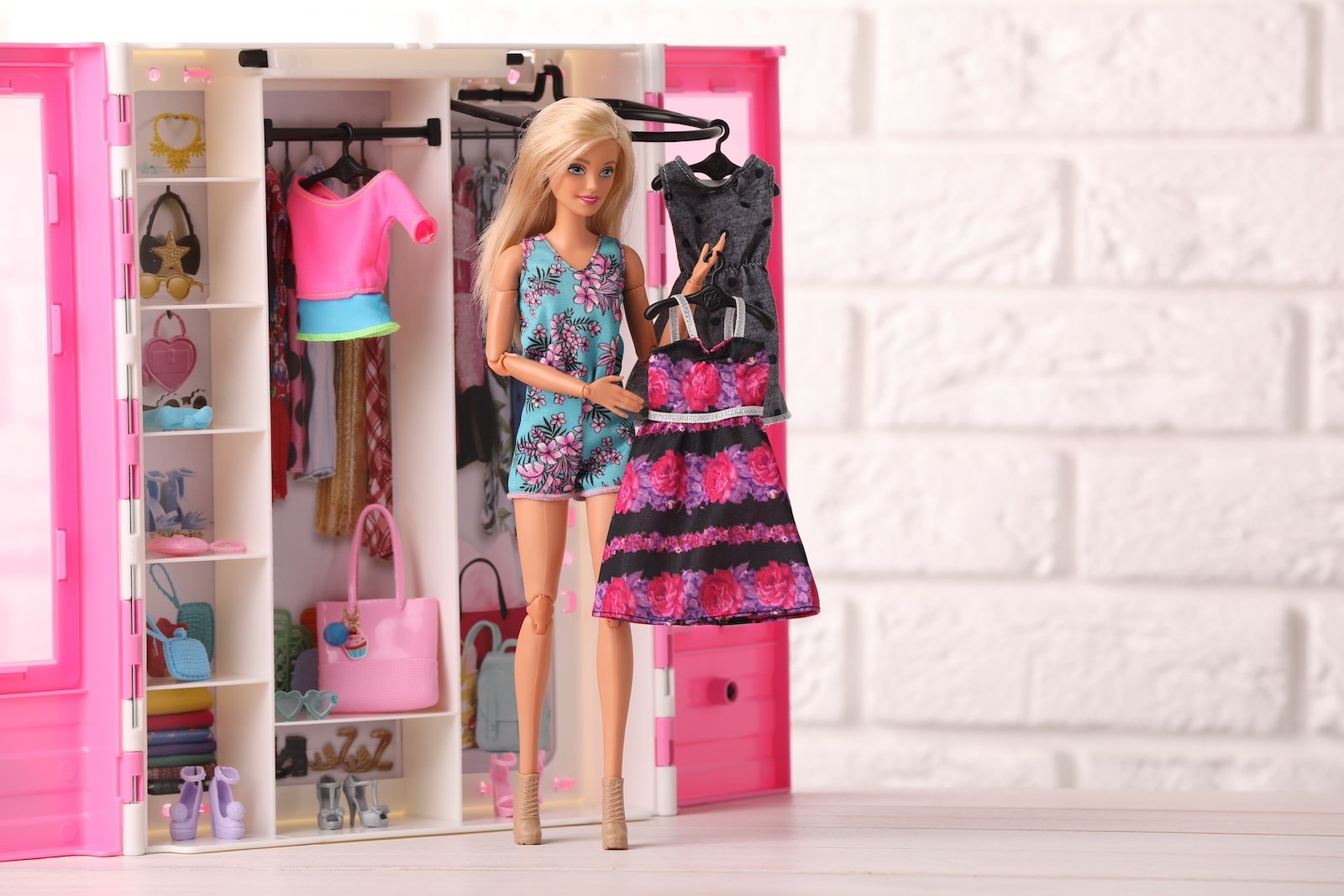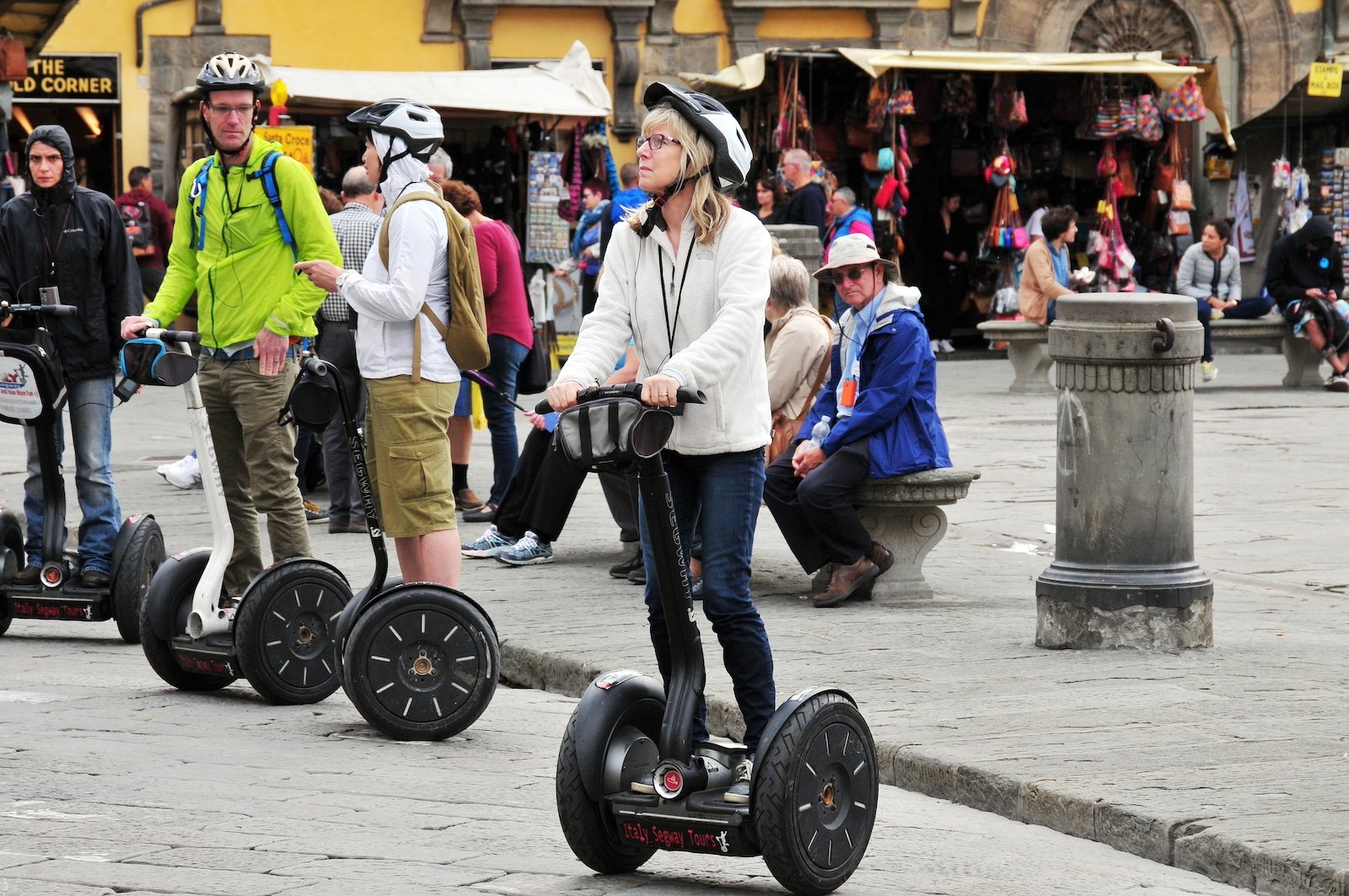Icons are often revered for their contributions to culture, history, and society. However, once celebrated, some American icons have become subjects of national humor for various reasons, including changing societal values, public blunders, or simply the passage of time. Here’s a list of notable American icons who have transitioned from being celebrated to becoming the butt of jokes.
Barbie

Barbie, the iconic doll introduced in 1959, has faced criticism over the years for promoting unrealistic body standards. Despite efforts to diversify the Barbie line with various body types and ethnicities, the doll has become a symbol of outdated beauty ideals and materialism. Her exaggerated proportions and the “perfect life” she represents have made her a target of parody.
Hamburger

The hamburger, a staple of American cuisine, has evolved from a simple meal to a cultural symbol of excess. Fast food chains have been criticized for their contributions to obesity and unhealthy eating habits. Documentaries such as “Super Size Me” highlight the negative impacts of fast food, making the once-celebrated hamburger a subject of health-related jokes and criticisms.
Coca-Cola

Coca-Cola, originally marketed as a medicinal tonic containing cocaine, is now often mocked for its questionable health benefits and environmental impact. Despite its global brand recognition, soda has become a symbol of corporate overreach and health negligence, particularly in discussions about sugary drinks contributing to the obesity epidemic.
Antivirus Software

Antivirus brands like McAfee and Norton, once seen as indispensable digital protectors, are now often criticized for their inefficiency and intrusive nature. Their transformation from essential tools to objects of frustration reflects the rapid advancements in cybersecurity and changing user expectations.
Segway

Touted as the future of personal transportation, the Segway never quite took off as expected. Its high price, awkward design, and the infamous incident where the company owner died while riding one have turned it into a humorous reminder of tech innovation gone wrong.
MySpace

Once the largest social networking site, MySpace was quickly overshadowed by Facebook and other social media platforms. Its rapid decline and failure to innovate have made it a punchline in discussions about the transient nature of technology and social media.
The Yugo

The Yugo, a car imported from Yugoslavia in the 1980s, was marketed as an affordable option for American consumers. However, its poor quality, frequent breakdowns, and safety issues quickly turned it into a joke among car enthusiasts. It is often cited as one of the worst cars ever made.
Howard the Duck

This Marvel Comics character became infamous due to the 1986 film adaptation, which was a commercial and critical failure. The movie’s bizarre plot, poor special effects, and awkward humor have made Howard the Duck a cult classic for all the wrong reasons, frequently mentioned in lists of the worst films ever made.
Pet Rock

Invented in the 1970s, the Pet Rock was a novelty item that capitalized on the absurdity of consumer culture. Although it was initially a huge success, selling millions of units, it quickly became a symbol of the frivolity and gullibility of consumers, often referenced in jokes about fads and marketing gimmicks.
Juicero

This high-tech juicer, which required proprietary juice packs, became a symbol of Silicon Valley excess when it was revealed that the packs could be squeezed by hand without the machine. The Juicero’s high price and unnecessary complexity made it an object of ridicule in tech circles and beyond.
The Guinness Book of World Records

The Guinness Book of World Records has faced backlash for lowering its standards to include more trivial and sensational records. This shift from celebrating genuine achievements to accommodating fleeting fame reflects a broader cultural trend towards instant gratification and the redefinition of success.
Workplace Loyalty

The traditional concept of workplace loyalty has been upended by the evolving economic landscape. The expectation of long-term commitment between employers and employees has given way to a more transactional relationship, driven by the gig economy and shifting career paradigms.
Food Network

The Food Network’s transition from cooking instruction to competition-focused shows reflects broader trends in television programming. This pivot towards entertainment at the expense of education illustrates the network’s adaptation to changing viewer preferences, though at the cost of its original mission.


